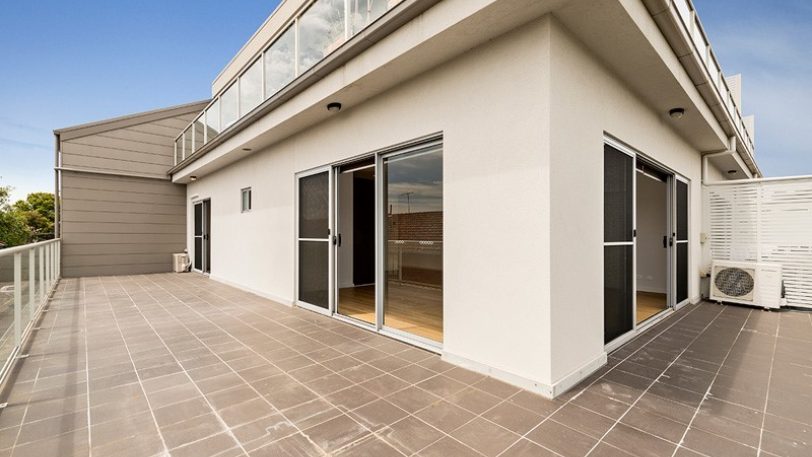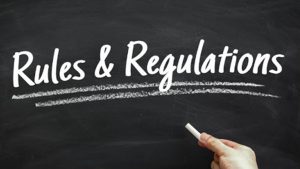1. How do I find a good property for rent?
If you have no idea what property you want to rent or where, this is the first step you should make prior to your property hunt. If you are a family with children, you would need to establish the number of bedrooms the property must have to satisfy your needs. Straight after, the location comes next. Where do I want to live? Do I want to be closer to work? Or do I want to be close to the sea to enjoy tranquility? Last but not least, what am I ready to pay on a monthly basis. When all these questions are clear in your mind, finding a professional estate agent is a must. The letting consultant’s job is to short list for you the best properties that fits your needs to avoid wasting your time. The letting consultant will ensure that viewings are conducted at a time most comfortable to you and to prospective landlords.
2. What are the agency fees I will have to pay if I find a property through an agent?
There are two different rates of fees, one for long lets and the other for short lets.
Long Lets – With regards to long lets this is half a months rent from both landlord and tenant, which become due when contract is signed.
Short Lets – With regards to a short let this is 10% of total lease cost from both landlord and tenant, which become due when contract is signed.
3. Why appointing a professional agent will give me peace of mind?
A professional agent will listen to what your requirements are and will ensure that you are guided throughout the whole process, from meeting and discussing at office, to property hunting, to all financial steps, bills and utilities and signing of contract. Together you will work through your priorities and budget and find out a balance between both in order to make sure that you are happy with the property you have rented out while at the same time you are still enjoying the highest standard of living which you are accustomed to.
4. How do I pay my rent?
This depends on the landlord and what is agreed and signed upon. Many times landlords personally collect money from tenants on the agreed date of the month. Other times, there are arrangements that payments are collected by the agency. Many times a bank transfer is also possible. It is very important that this is established before signing of contract.
5. What happens if I am late in paying my due rent?
Usually, on the contract there is a stipulated time by when rent has to be paid. If, rent is not paid usually up until 14 days of due date, there will be a breech of contract and tenant might take back the property and rent it out to someone else.
6. Under what circumstance can the landlord enter my apartment without notice?
The landlord is not to enter the apartment without any notice unless, there is an emergency or tenant fails to pay rent. Depending on what has been agreed, the landlord can occasionally inspect the property to ensure that it is taken care of and that there are no damages.
7. How far in advance do I need to notice my landlord before moving out?
Once again this depends on what has been agreed, however, 6 months notice is usually what is requested.
8. Are utilities and maintenance service covered in the rent cost?
With regards to the Utility Cost, it is a custom that the landlord asks for a deposit on the utility bill each and every month. This may vary in accordance to the number of people living in the apartment. At the time that the bill is received either by landlord or lessee as the case may be, the deposit paid to date will be deducted from the bill, with either lessee paying in addition to the deposit or landlord reimbursing lessee if the bill is less then deposit paid so far. Usually, ordinary maintenance is the responsibility of the tenant unless it is an extraordinary circumstance that the landlord should be responsible for.
9. What are my options for lease renewal?
The tenant reserves the right for first refusal when contract is about to expire, however, it is up to the discretion of the landlord whether to retain the same monthly payment fee or increase rent.
10. Under which circumstances will my security deposit is not refundable?
The deposit is paid once, at the beginning of the rent agreement. It is held by the Landlord against loss or damages that the Lessee may do to the property being rented out or any item of the inventory. For this reason we stress the point that for the landlord’s, and lessee’s sake, an inventory is drawn out and signed against, noting the condition of the items included in the inventory.
The deposit is fully refundable at the end of the term as long as the property is given back to the landlord in the same condition taken before the contract was signed, safe for normal wear and tear.
Conclusion
As Northern Properties, we have our own standard contract which we can make available upon request to either lessee or landlord.
During contract we will ask both tenant and landlord to produce some form of identification which can either be an Identity Card or a Passport. Needless to say, lessee needs to be in possession of the full financing which normally includes 1 month rent, 1 month deposit, deposit on utility bill and agency fee.
Following the signing of contract, the landlord will hand over keys in the event that the lease is starting straight away. Furthermore, landlord and lessee will visit the property being rented out to take official water and electricity readings and also to check the inventory list against the actual inventory of the house so as to ensure that they tally.




